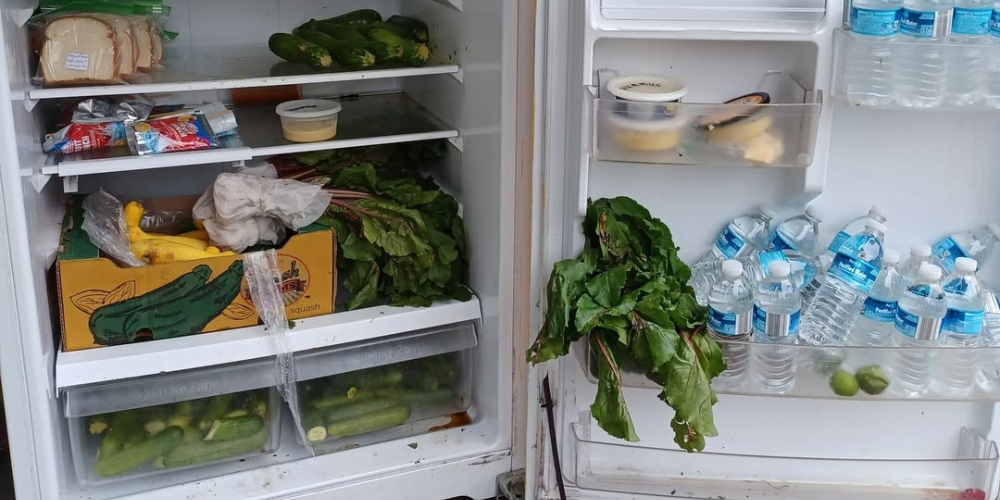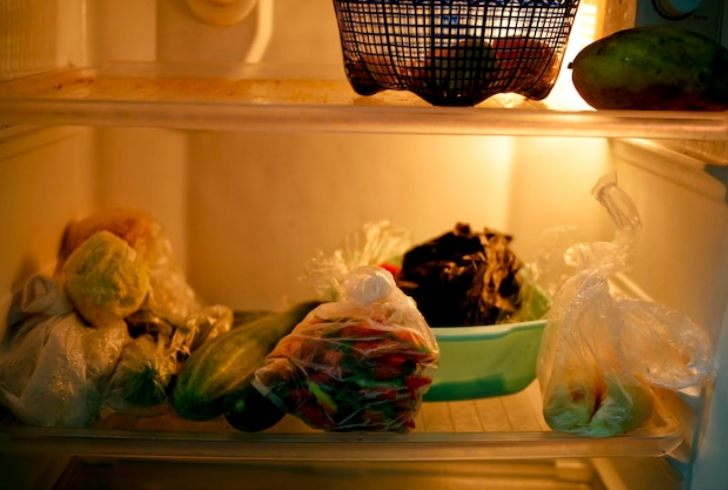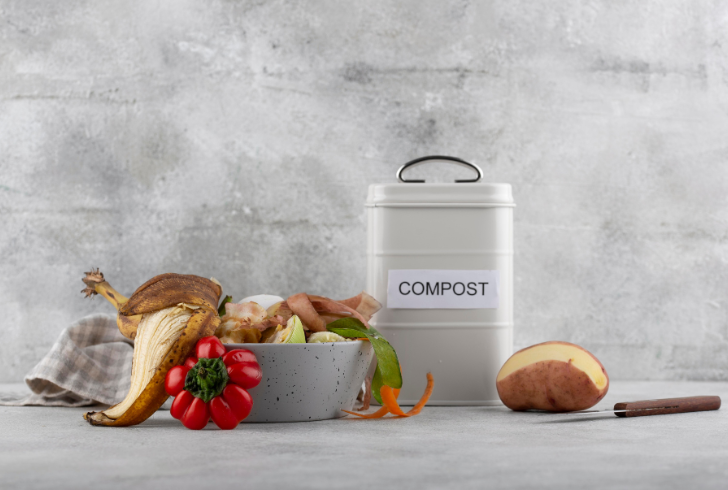
The $2.3 Billion Food Waste Challenge in Short-Term Vacation Rentals

Short-term vacation rentals may offer comfort, but they also come with a hidden cost—food waste. A recent study from Ohio State University that was published in Waste Management claims that Americans waste more than $2.3 billion on groceries every year while on vacation. This unused food isn’t just a loss for travelers—it reflects a bigger issue that rental hosts often overlook.
The survey found that food waste during vacations accounts for around 5.1% of the average nightly rental charge. That figure adds up quickly, especially considering how frequently guests leave behind unopened items or half-used produce.
Guests Often Buy More Than They Need

Freepik | EyeEm | With convenience in mind, almost 90% of travelers spent around $34.40 daily on groceries.
The research surveyed 502 U.S. adults who stayed in Airbnbs, VRBOs, or similar short-term rentals over the past year. Nearly 90% of these travelers purchased groceries, spending an average of $34.40 per day. Most leaned toward convenience, stocking up on:
1. Ready-to-eat meals (37% of volume)
2. Fresh produce (22%)
3. Pantry staples like rice or pasta (21%)
Yet those same staples and perishable items made up the largest share of what went uneaten. In general, food waste increased when guests stayed in pricier units or traveled with children. Families often over-prepare, unsure of what they’ll actually use during their trip.
Missed Opportunities for Hosts
Despite the scale of this problem, only 1 in 5 hosts provide guests with tips on how to avoid or manage food waste. That gap leaves plenty of room for short-term rental operators to improve the experience while supporting sustainability.
The demand is clear—over 40% of surveyed travelers said they would welcome information about donating food before checkout. However, just 2% actually followed through during their trip, likely due to a lack of guidance.
By offering clear and simple instructions, hosts can not only reduce waste but also deliver extra value. In fact, many guests said they’d appreciate suggestions on composting, donation centers nearby, or even just smarter grocery shopping tips.
Smart Solutions That Help Everyone
Making small adjustments doesn’t take much effort. Hosts could place donation instructions next to the trash and recycling info, or provide guests with labeled bins. Guests traveling by car might choose to bring food home instead of tossing it. Even online rental platforms could step in—highlighting eco-friendly listings as “sustainable hosts” could encourage adoption across the board.
Professor Brian Roe, lead author of the study, suggested that simple ideas can go a long way. “Travelers are open to donating leftover food if you give them an easy path—like a box or a compost bag,” he explained. “Hosts could view this as part of enhancing the guest experience, possibly even increasing their booking rates.”
Small Efforts, Big Impact

Freepik | Guests waste less when kitchens offer simple compost options.
Food waste at vacation rentals may seem minor, but across thousands of bookings, the losses are massive. By taking small, practical steps, rental owners can reduce environmental strain, improve guest satisfaction, and even stand out in a competitive market.
Sustainability doesn’t require grand gestures. Sometimes, it’s as simple as showing guests how to make smarter choices and offering them the tools to do so.
Food waste in vacation rentals adds up fast, but the solution doesn’t have to be complicated. Hosts who share simple donation or composting tips help guests waste less and save more. These small steps support cleaner communities and smarter travel. In return, guests leave with a better experience—and hosts earn their trust.
More in Luxury & Life Style
-
`
Why Istanbul Is the New Celebrity Hotspot for Style and Wellness
Celebrities are constantly reinventing themselves—sometimes through a new sound, other times through a striking new look. But the latest wave of...
October 1, 2025 -
`
Is Apple Ditching the SIM Card With Its Latest iPhone?
For years, sliding a tiny SIM card into a phone has been the first step to getting connected. Apple now appears...
September 23, 2025 -
`
Why New York Nightlife Keeps Attracting Visitors Worldwide
New York comes alive after dark in a way few places on earth can match. The city never limits itself to...
September 16, 2025 -
`
How Celebrities Are Taking Over the Business World
The definition of celebrity success has expanded well past awards and sold-out tours. Today, many Hollywood names are equally focused on...
September 9, 2025 -
`
Which Foods Should You Avoid When on Holiday?
Vacations are meant to be filled with unforgettable moments, but one wrong meal can turn a dream trip into a health...
September 2, 2025 -
`
Quantum Computing Set to Give Commercial Real Estate a Major Lift
Quantum computing is no longer a concept confined to research labs. It is steadily moving toward commercial use, and with that...
August 26, 2025 -
`
Is Your Office Suffering from ‘Culture Rot’? Here’s How to Spot It
A healthy workplace doesn’t need to be perfect, but it should inspire productivity, respect, and trust. Yet, an alarming trend is...
August 19, 2025 -
`
The Small Businesses That Built Musk’s Empire Are Now Bankrupt
What looked like a dream deal for small businesses working with Elon Musk’s companies turned into a financial nightmare for many....
August 12, 2025 -
`
As Markets Decline, Climate Tech Advocates Push for Alternative Funding
Funding in climate technology didn’t vanish—it simply stopped pretending to be easy. After years of aggressive capital inflows, the sector is...
July 29, 2025















You must be logged in to post a comment Login